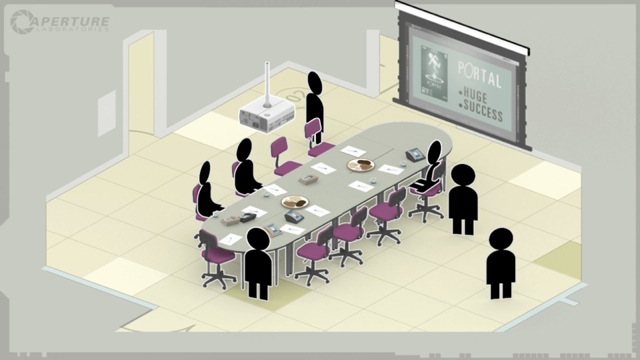“Matt Yglesias”:http://thinkprogress.org/yglesias/2011/08/31/308874/justice-department-moves-to-block-attt-mobile-merger/, after complaining about the “endless Internet circle jerk over “neoliberalism,”” tries to be a little more conciliatory.
I think when I tried to raise this issue as it pertained to craft beer, I wound up coming across as unduly accusatory and prompted a lot of unproductive responses. So to put the issue as clearly as possible, I wonder if adherents to an anti-neoliberal theory of progressive politics believe the right thing for President Obama to do is to consider the pro-labor benefits of the merger to be an _independent argument_ in favor of the merger that deserves weight alongside other issues. The CWA has an argument on the merits about this that I think isn’t crazy, but the question that I think is philosophically interesting is whether the labor angle deserves consideration apart from the “official” argument about anti-trust economics.
I think the answer to this question is a no-brainer: yes. If you believe, as Jacob Hacker and Paul Pierson, Paul Krugman etc believe, that the decline of the US labor movement is an important explanatory factor for the rise of inequality in the US, and if you believe that inequality is a problem, then of course you want to think about the consequences of anti-trust policy for union strength. Weakening unions can plausibly further increase inequality, by weakening actors who used to serve as an important counterweight to e.g. financial interests. But I am not at all sure that Matt himself has any deeply rooted philosophical objections to this way of thinking. In a “more recent post”:http://thinkprogress.org/yglesias/2011/08/31/309483/patents-and-inequality/ he quotes a Dean Baker argument that patents and intellectual property contribute to inequality, and concludes:
The general idea is that we shouldn’t accept the view that a world of parasitic finance, asymmetrical globalization, government-sponsored intellectual property monopolies, and Fed engineered wage-suppression constitutes a “free market” outcome relative to which the left wants redistribution.
This seems absolutely right to me – but also to call for an emphatically non-neoliberal approach to politics. As Matt is saying in this post, profound political inequalities are baked into the cake of our current market economy. But if this is right, then it is implausible that we can let markets do their thing, and then worry about the distributional issues later, since inequalities, the power of financial interests, etc not only are part of the system as it is, but also make it very unlikely that we will ever get to the stage of doing substantial redistribution. While Dean Baker (whom Matt is relying on in this post) depicts his reform agenda as a set of pro-market measures, they are not by virtue of this, neo-liberal measures (which would suggest that we should let the market organize itself, and then worry about distribution later). Instead, Dean wants to restructure markets from the get-go so as e.g. to rein in the political power of finance by taxing certain transactions, getting rid of the ‘too big to fail’ problem etc. This political program (like all political programs) emphasizes some problems and de-emphasizes others. But it is, emphatically, a political program, with a theory of what is wrong with the US political economy, and how to fix it.
To put it another way: I think that Matt sometimes adopts neo-liberal language, and is surely friendlier to neo-liberal ideas than, for example, someone like me. But I also think that his agenda – if he were really to draw out its implicit politics – is rather more radical than he is usually prepared to let on. If he is uncertain about whether Chicago-style anti-trust thinking should sometimes be trumped by political considerations, then he should look again at the arguments around the Microsoft trial, which connect directly to the intellectual property questions that he worries about (as a lot of post-Chicago people argued, monopolies tend to stifle innovation in a variety of ways). It isn’t only pro-labor people who would like to see other arguments than George Stigler-style reasoning play a role in anti-trust decisions. If he believes (as he seems to) that inequality is a bad thing, and that current IP policy helps to foster inequality, then he should draw political conclusions from these causal connections.
For what it’s worth, I think that the open information agenda, and the political inequality agenda have a lot more in common than most people think (I have been planning for some time to do more writing on this over the next year). I think it would be a lot more useful to frame the argument as one between different ways of restructuring markets so as to tackle problems of inequality at their source than as one between neo-liberalism and its critics. For one thing, even while different ways of thinking about markets and inequality might point in different directions in specific instances, it would be easier to figure out the trade-offs, especially as they are trying to reach the same end-goal. For another, it would be easier to identify the possible political actors and coalitions that might support the one, or the other, set of reforms, and possible points of agreement or disagreement between them. Both of these would conduct towards better debate.
